Wei Li: High achieving student sentenced for the manslaughter of his mother at Burnside in 2011
WEI Li’s interview with a top psychologist paints a grim picture of his late mother and concludes the killing has deep roots in the Chinese concepts of “face” and family devotion.
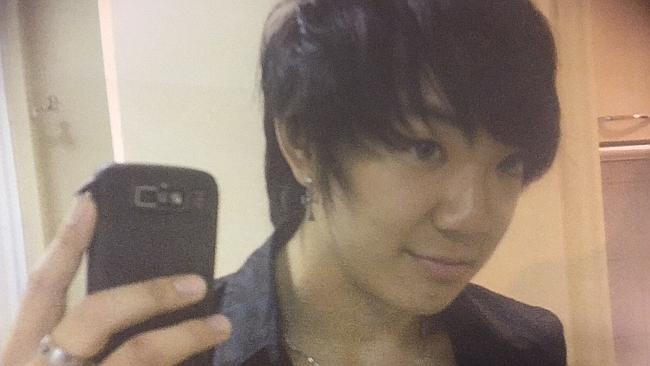
SA News
Don't miss out on the headlines from SA News. Followed categories will be added to My News.
- Wei Li sentenced for killing Tiger Mum
- Why Wei Li was found guilty of murder, not manslaughter
- Stroke of luck that led to Wei Li’s conviction
- Wei Li told psychiatrist ‘I’ll beat this and resume my life’
- Wei Li enters manslaughter rogues gallery
WEI Li’s interview with a top psychologist paints a grim picture of his late mother and concludes the killing has deep roots in the Chinese concepts of “face” and family devotion.
Forensic psychologist Dr Loraine Lim said Emma Mae Tien considered her son “weak” and “a worthless failure”, no more than “noodle dough” she could “mould into any shape she liked”.
In her report, tendered in the Supreme Court, she said any attempt Li made to assert his independence left him branded a “traitor” subject to a vicious beating.
“She would not have considered her demands to be unreasonable because she felt that she was fulfilling her duty to him and to her family by pushing Li to be the best he could be,” she wrote.
“Undoubtedly, his future achievements in life would also reflect positively on her as a mother, as it would elevate her reputation and social status amongst her family and friends, while replenishing their family wealth at the same time.
“Her primary motivations would have been to ensure he remained fully under her control so that she could guide him to fulfil her expectations and maintain the image that she had planned and carefully cultivated on his behalf.
“She would have perceived any attempts by him to assert his independence, or other people’s attempts to persuade her to moderate her expectations and relinquish some control, as unwelcomed interference and efforts to undermine her authority.”
Li, 22, pleaded not guilty to murdering Ms Tien in their Burnside home in 2011, and has been sentenced to nine years in prison for the lesser crime of manslaughter.
Dr Lim interviewed Li twice in January this year, before his trial began, at the request of defence counsel.
Though she concluded he had no mental health defence available, she said the case nonetheless had intense psychological aspects.
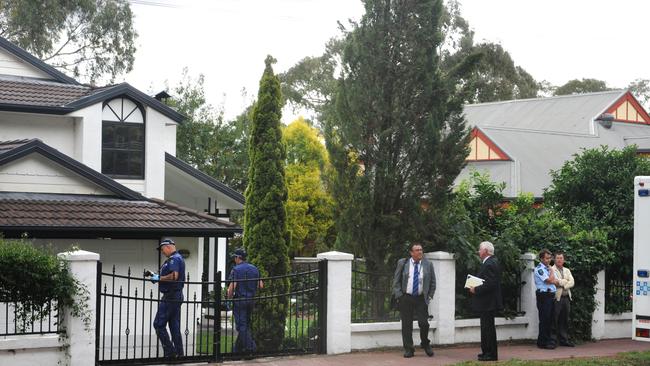
She said Ms Tien pushed Li to excel academically at Prince Alfred College and university because she was “ashamed” of her lack of education.
She had gone so far as to purchase a fake university degree to “show off to friends and family”.
Decades later, Li would imitate his mother’s fraud by creating false credentials for himself to live and work in China while avoiding arrest.
Dr Lim said Ms Tien “despised” her husband’s family for being “poor farmers from the Beijing countryside” and limited Li’s contact with his “uncouth, uncivilised” cousins.
“Li reported his parents were extremely wealth and success oriented individuals who ‘got lucky’ during the 1990s when China opened up its doors to the rest of the world,” she said.
“However, after their business started declining, (they) spent increasingly larger amounts of time at work in an attempt to maintain their lavish lifestyle.”
Li, then an infant, was sent to live with his maternal grandparents in Mongolia.
He would see his parents only a few times each year and they would shower him with gifts, leaving him “confused, because they were strangers”.
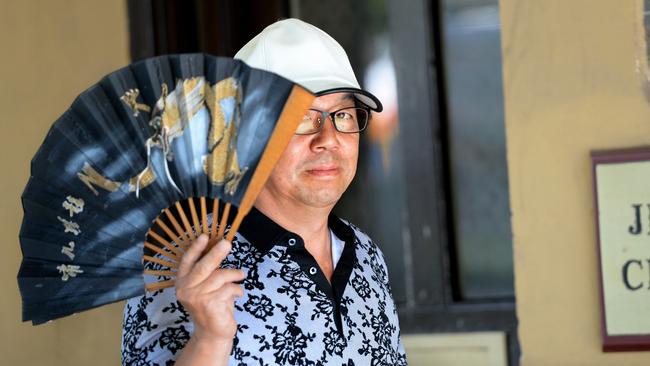
When Ms Tien and her husband, Jian Lu Li, decided to move to Australia and take their son with them, her parents were “devastated”.
“Li distinctly remembered his grandmother telling his mother that his parents had no idea how to raise a child on a permanent basis,” Dr Lim said.
The transition terrified Li who was, in his own words, “in a strange land with strangers”, expected to learn English to serve as their interpreter.
“He recalled his mother waving a meat cleaver in his father’s face and sarcastically saying to him ‘you are such a disappointment, no wonder your father died’,” Dr Lim said.
“In response, his father smashed a wine bottle over her head.”
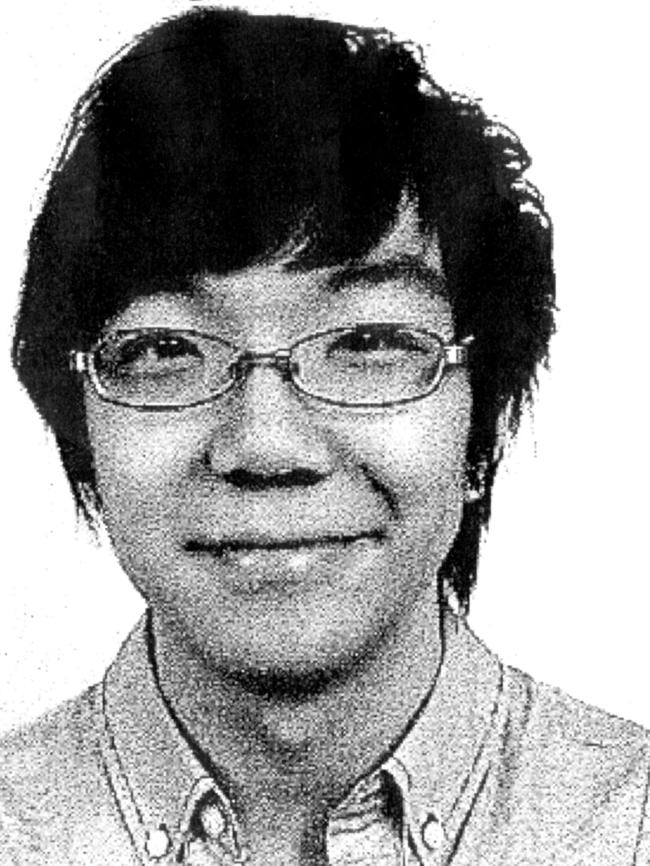
Dr Lim said hospital staff suspected domestic violence but Ms Tien, embarrassed, lied about the incident — and it fell to Li, still only a child, to translate that lie for her.
“Li apparently begged to return to China on numerous occasions, telling his mother that he did not want the good life or material wealth, just his parents to stop fighting,” she said.
“Ms Tien would always say she was allowing herself to suffer for Li’s sake so he could have a better life and a good future.”
Dr Lim said this bred strong devotion within Li, building upon two aspects central to Chinese culture.
“The concept of ‘face’ is understood differently by Western and Chinese cultures,” she said.
“In individualistic societies such as Australia, ‘face’ generally refers to the way an individual perceives him/herself.
“In a collectivistic society such as China, however, ‘face’ is fundamentally defined by how others perceive you as an individual.
“It is the single most important consideration in a Chinese person’s mind.”
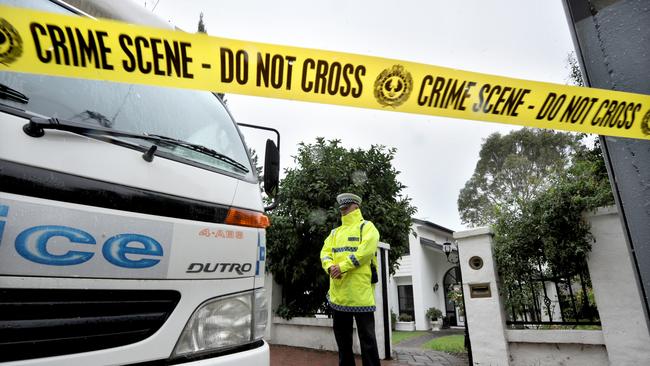
She said Li would have felt his every decision was a reflection on his “entire family, including ancestors and descendants”, and would have experienced “guilt and shame”.
She said he would also have been “hardwired” to follow the principles of ‘filial piety’.
“That represents a set of values and morals such as showing care, respect, obedience, selflessness and unreserved loyalty to one’s parents,” she said.
“Li’s years of submissive behaviours can largely be explained by ‘filial piety’ and ‘face’.
“He was incapable of making a decision without first considering: ‘Would mum approve? Would she like it? How would she want me to do this?’.”
Dr Lim said Ms Tien’s true dominance of Li followed her taking control of the family’s finances and “asserting authority across the board” of their lives.
As Jian Lu Li “withdrew” from the family unit, Ms Tien “projected all of her life aspirations” onto their son so he could “raise up her status” in the way her husband had failed to.
“Li said he felt he stopped being an individual and instead became a ‘project’ to her,” she said.
“This was evident from her frequent comparisons of him to ‘a piece of noodle dough that she could mould into whatever shape she liked’.”
Dr Lim said Ms Tien did just that, controlling her son’s movements, social relationships, fashion choices and even diet because she “did not want to have a fat kid”.
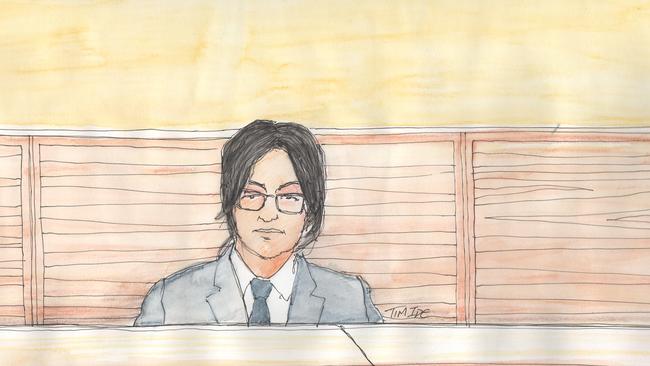
Though she wanted Li to “look like a proper gentleman” she “reportedly did not like Western people” due to their “individualistic culture”, which was a “major parenting flaw”.
Ms Tien’s flaw, meanwhile, was projecting a false veneer of success.
“Li told me they were always in debt and never had any cash, that they ‘lived on credit’,” she said.
“Yet they resided in a big house in Burnside, drove a luxury car and his mother made a point of purchasing at least two designer bags a year.
“Her justification for her spending was ‘it made her happy’.”
Li detailed, to Dr Lim, enduring “escalating” physical and verbal abuse at his mother’s hands in similar terms to those he used in his evidence at trial.
He said her slaps had broken so many pairs of his glasses, he began asking her to wait until he had taken them off before striking him.
Li explained the beatings “were habitual, I learnt there’s no point fighting back, she needs to get it out of her system, it’s just the way it is”.
“No matter how badly she treated me, I would look at the scars on her forehead (from the bottle incident) and think ‘she did it for me’,” Li told Dr Lim.
“So I tolerated it ... mum had endured all that suffering, how could I let her down?”
“Escaping was never an option ... mum needed me, I was all she had left and I couldn’t leave her alone.”
Li subsequently developed depression, which was dismissed by his mother as “weakness”.
In desperation, he wrote a will and threatened to take his own life — Ms Tien responded by telling him to “toughen up” and that she was “disappointed” in him.
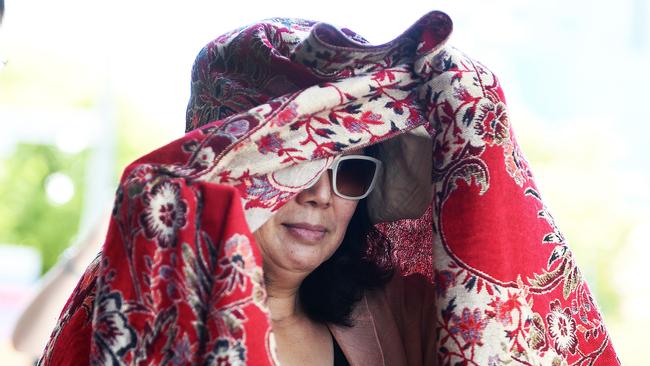
Dr Lim said the potential catalyst for the manslaughter was a trip Li took to China before his mother’s death, during which his father and relatives tried to convince him to stay.
He refused because he only “wanted to convince mum to loosen her hold”, not leave her entirely.
“He admitted that returning to Australia was ‘a big change’ after his month of ‘freedom and independence’ in China,” Dr Lim said.
“When he got home, it ‘was as if I never left’.
“Somehow his mother learnt that her mother and sister had encouraged him to remain in China ... Li believed she saw their actions as ‘a betrayal’.
“He told me that he was aware she was ‘bottling up her resentment’ but also knew it was ‘all going to come up eventually’.”
Dr Lim concluded Li’s fatal actions were “an over-reaction on his part to a perceived threat”, having “become desensitised to violence over the years”.
“It caused him to react with excessive force in an attempt to protect himself from the threat, which ultimately led to his mother’s death,” she said.
“Li said he believed that ‘if I yield, I would die’ and stated ‘I accept that mum died in my hands, but I didn’t mean it ... I never wanted her to die, I just wanted to protect myself’.”


